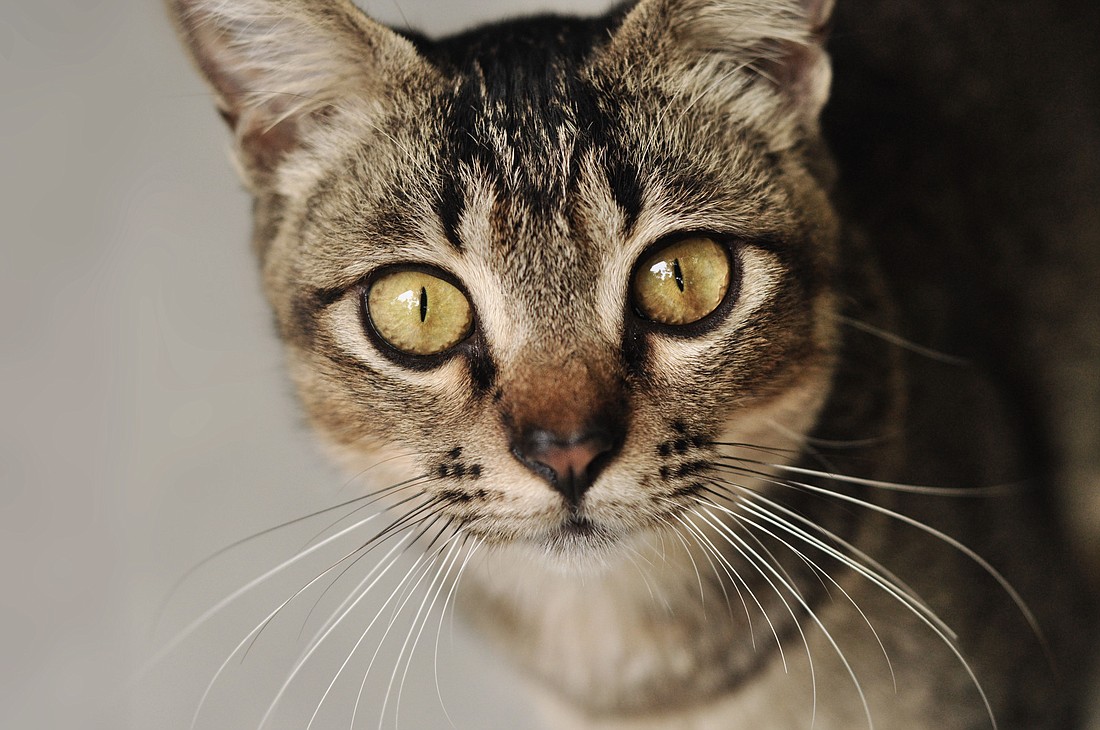- April 26, 2024
-
-
Loading

Loading

Palm Coast’s feral cat population may soon get a stay of execution. After more than 3,000 people presented the Palm Coast City Council with a petition to implement a trap, neuter and return program for the city’s feral cats, City Manager Jim Landon expressed interest in meeting with the Humane Society in January to hammer out an agreement.
The city’s policy has been to kill feral cats that are trapped but not considered adoptable.
“If we stay positive, hopefully we can come up with something that works for everybody,” Landon said.
But he cautioned that the city couldn’t go it alone.
“It takes a community effort, if you will,” he said. “It can’t be just the city; it can’t just be individuals.”
Elizabeth Robinson, director of Community Cats of Palm Coast, organized the petition, which was circulated by about 20 area businesses and organizations.
She addressed the council Tuesday evening along with Flagler Humane Society Operations Manager Melissa Brock.
“I’m presenting you with a petition that asks to bring you legal status to the feral cats that are here,” Robinson said at the meeting. “We are here tonight to press upon you how strongly we want action.”
Animal advocates are not going to give up, and they’re not going to accept the status quo anymore.”
Robinson said trap, neuter, return — or TNR — is a “well-documented protocol.”
The petition she created was supported by the Flagler Humane Society and placed on the counters on local veterinary offices, she said, and the Humane Society recently received a $25,000 grant to trap, neuter and return cats in Flagler Beach.
“The animal welfare community is so behind this,” she said. “TNR programs reduce the feral cat population successfully, and they reduce intake fees at animal shelters and animal-control facilities.”
Some of the cats caught by local animal control employees are not truly feral, she said, but outdoor cats or former pets that were lost or abandoned. Some of the cats in feral cat colonies have collars, she said.
“What we’re really talking about is free-roaming cats,” she said. “Being a city whose approach to feral cats is ‘trap and kill’ is not who we’re supposed to be as a city,” she said. “We can do better.”
Robinson said she understood the frustrations of people who lived near feral cat colonies and felt “under siege.” But a lot of the problem behavior cats engage in is hormonal or mating-related, and reduced after the cats are neutered, she said.
“Unfixed cats are more likely to be the ones you hear about yowling and spraying and knocking over cans,” she said.
Implementing a TNR program in Palm Coast would require reworking the city’s code so that animal advocates releasing a cat after trapping and neutering it wouldn’t be categorized as people irresponsibly releasing a pet, but one thing the city could do immediately, Robinson said, is ask its animal control employees not to trap and kill cats whose ears have been clipped, indicating they’ve been trapped and neutered.
The city could also identify a few test colonies for a TNR program to evaluate how it affects the feral cat population, she said.
“Those are some interim steps they could take to show their interest in this issue,” she said. “What needs to happen is a real, substantive discussion with a serious intent to reach agreement.”